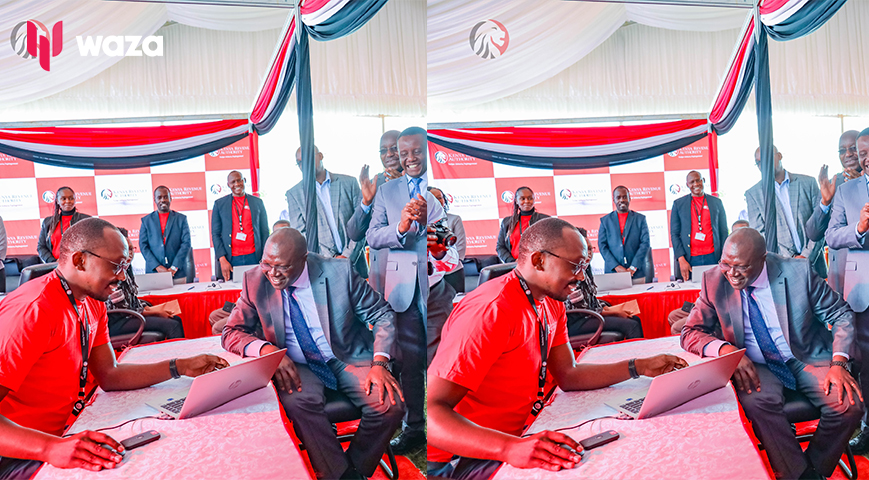The Kenya Revenue Authority (KRA) faced tough questions while clarifying the potential presence of contraband goods at the British Army Training Unit Kenya (BATUK) facility in Nanyuki. Appearing before the Defence, Intelligence, and Foreign Relations Committee, KRA's Commissioner for Customs and Border Control, Dr. Lillian Nyawanda, was asked whether British soldiers' activities adhered to Kenyan laws, specifically regarding allegations of smuggled AFCO cigarettes using secure containers.
Nyawanda explained that KRA had implemented surveillance tools, including CCTV and scanners, to detect illegal activities at ports and airports. However, she noted that KRA's access to the BATUK facility is limited due to its classification as a restricted military zone. To address this, KRA collaborates with other government agencies, such as the Ministry of Defence, Immigration, and Interpol, to ensure compliance.

Nyawanda also revealed that BATUK had imported 223 tax-exempt vehicles under the East African Community Customs Management Act (EACCMA) of 2004, including goods transport vehicles, passenger vehicles, and special-purpose vehicles. While KRA confirmed that BATUK had filed Pay As You Earn (PAYE) tax returns for its 604 employees, the organization has yet to file corporate income tax returns, which are essential for tax fairness.
After the session, MPs, led by Belgut MP Nelson Koech, acknowledged that KRA had followed proper procedures in its dealings with BATUK.









